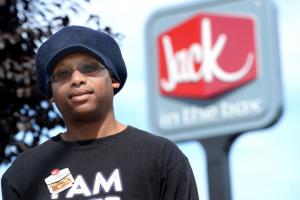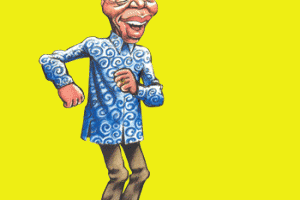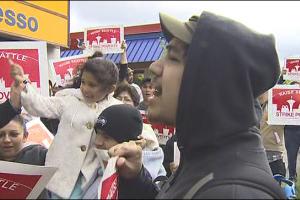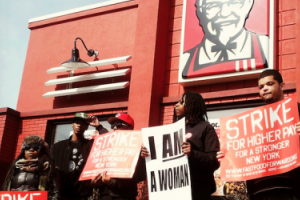East Bay Fast-Food Workers to Strike Thursday
Contra Costa Times
 The Bay Area strike is one of a series of nationwide one-day strikes -- timed for Labor Day and the 50th anniversary of the historic civil rights-era March on Washington for Jobs and Freedom. The strikes are the culmination of months of fast-food walkouts that began on the East Coast, organized by New York-based grassroots movement Fast Food Forward, and have rippled across the country.
The Bay Area strike is one of a series of nationwide one-day strikes -- timed for Labor Day and the 50th anniversary of the historic civil rights-era March on Washington for Jobs and Freedom. The strikes are the culmination of months of fast-food walkouts that began on the East Coast, organized by New York-based grassroots movement Fast Food Forward, and have rippled across the country.




Spread the word